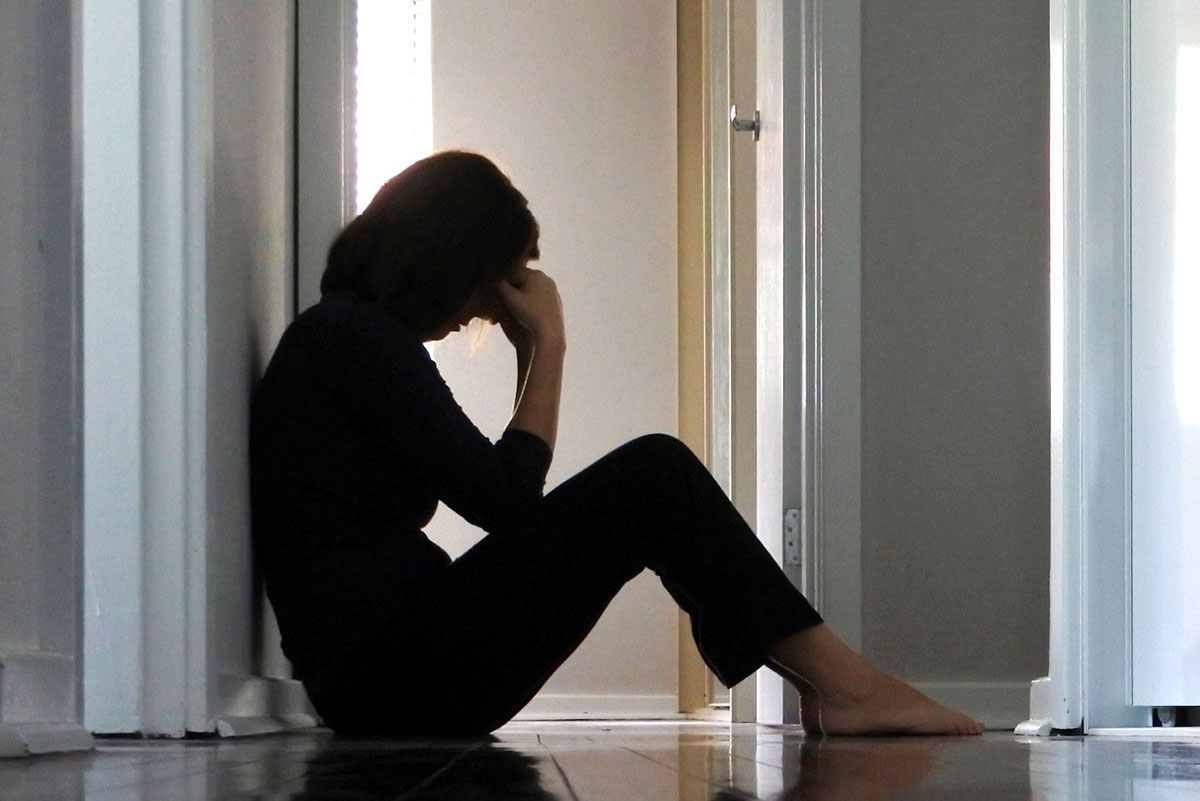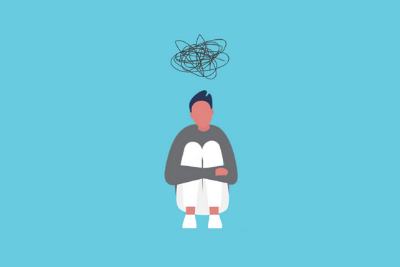Valentine’s Day and Mental Health: Why Holidays Might Feel Challenging and a Few Ways to Cope
February 13, 2023
Tags: Mental Health

Just as stores were marking Christmas items on clearance, Valentine’s Day teddy bears and heart-shaped candy boxes were already on display. We live with constant reminders of what’s next to celebrate and an unavoidable stream of holiday hype. While thoughts and images of romance, festivity, gifts, and loved ones are meant to lift your spirits, for many, the holidays – not just Valentine’s Day – are challenging to your mental health. You may ask, “Is it normal to feel sad on Valentine’s Day?”
Mental Health and the Holidays
The holiday struggle is real for most people according to an American Psychiatric Association (APA) study that revealed “while the majority of people report feelings of happiness, love, and high spirits over the holidays, those emotions were often accompanied by feelings of fatigue, stress, irritability…and sadness.”
A study by the National Alliance on Mental Illness (NAMI) tells us that 64% of people with mental illness report that holidays make their conditions worse. Added feelings of stress, anxiety and depression may exacerbate existing mental health conditions.
Why are the Holidays Challenging?
Here are a few common reasons the holidays may be associated with feeling blue:
- Expectations of how you should be celebrating, how you should be feeling, and how your relationships should be goingcan create feelings of failure or disappointment. For most people, life includes strained family dynamics, trauma and loss, financial concerns, and more. An increase in anxiety, stress and depression during the holidays is a normal reaction to those issues. Remember, you’re never alone in experiencing life’s ups and downs.
- Lifestyle choices that include inadequate sleep, insufficient physical exercise, poor diet, or excessive substance or alcohol use makes it difficult to manage added holiday stress. If you are not taking good care of your physical health, it may be an indicator of important mental health concerns that require your attention. Speak with your medical provider about ways to improve your overall health – physical and mental – especially when under stress and ask about a mental health assessment
- Underlying depression may be a factor. According to Healthline, Seasonal Affective Disorder (SAD) is a type of recurring depressive disorder with fluctuating patterns caused by seasonal changes. It is most common for people with this disorder to develop feelings of sadness, lack of energy and concentration, hopelessness and thoughts of self-harm, among other symptoms, during the fall and winter months. This timeframe includes four major holidays – Thanksgiving, Christmas, New Year’s and Valentine’s Day – which may worsen the holiday blues. Learn more about seasonal affective disorder from the National Institute of Mental Health (NIMH).
Coping with Holiday Blues
You’re likely to find relief by changing how you think and what you do in reaction to the stress and anxiety you’re feeling. Engage the help of a mental health professional to help you make these adjustments:
- Set New Expectations. Adjusting your list of “shoulds” around Valentine’s Day and other holidays will close the gap between what you feel you’re missing out on and where you are right now. Being present in your life as it is will help you see opportunities and possibilities rather than lack or failure. Holistic therapies like yoga, mindfulness meditation, art and music help calm the mind and provide the means to see and respond to our circumstances in a different and more positive way. Start a practice at home or join a group for more support.
- Practice Self-Care. An investment of time and energy into knowing and caring for yourself will reap life-changing rewards. Questions like “Why am I feeling anxious right now?” and “What other choice can I make in this moment to feel better?” are helpful in identifying patterns. It is important to understand how you deal with unpleasant memories, emotions and conflicts – especially when substance use or other unhealthy behaviors are present. Make today the day you decide to care for your mind and body and start the transformation.
- Follow a Mental Health Plan. When you have a mental health diagnosis like depression, anxiety or SAD, it is important to recognize that, just like your physical health, you must maintain an ongoing regimen of self-care. This is especially true when experiencing additional stress or anxiety during holidays. With the help of an experienced care team, such as a psychiatrist, your medical provider and a therapist, you can take charge of your mental health with tools like evidence-based therapy, medication management and support groups. There are many physiological and external factors that may cause symptoms to worsen, but achieving balance again is possible with a consistent plan of action.
Managing Your Mental Health During The Holidays
Now more than ever, the importance of mental healthcare is understood to be critical to overall health. In other words, you can’t enjoy good health without good mental health. Learning new coping skills and overcoming the Valentine’s Day blues (or any blues for that matter) will change your life for the better. If your slump persists beyond the holidays, talk to your doctor. Engaging the help of qualified, compassionate mental health professionals will provide the support you need to find your path to the life you deserve.





